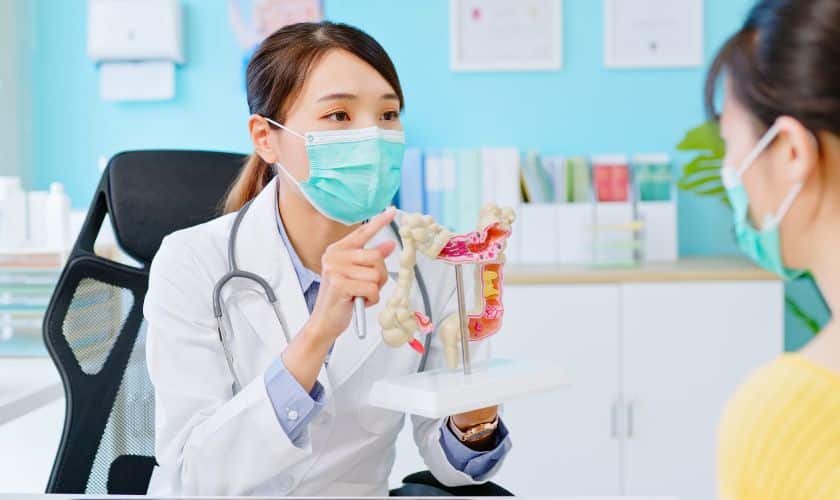In the realm of healthcare, prevention has long been hailed as the best medicine. This adage resonates profoundly when it comes to oral cancer. While often overlooked, regular dental checkups play a crucial role in the early detection and prevention of oral cancer. In this blog, we’ll delve into why these routine visits are vital in safeguarding not just your oral health, but potentially your life.
Understanding Oral Cancer
Before diving into the significance of regular dental checkups, it’s essential to grasp the gravity of oral cancer. Oral cancer refers to any cancerous tissue growth in the oral cavity, including the lips, tongue, cheeks, floor of the mouth, hard and soft palate, sinuses, and throat. According to the Oral Cancer Foundation, approximately 53,000 Americans will be diagnosed with oral or oropharyngeal cancer this year alone. Sadly, the five-year survival rate for oral cancer is only around 60%, largely due to late-stage diagnoses.
Early Detection Saves Lives
The key to improving survival rates lies in early detection. Like most cancers, oral cancer is most treatable in its initial stages. Regular dental checkups provide an opportunity for your dentist to conduct a comprehensive oral examination, including screening for signs of oral cancer. Dentists are trained to identify suspicious lesions or abnormalities that may indicate cancerous or precancerous conditions. By detecting oral cancer early, patients have a better chance of successful treatment and recovery.
Comprehensive Oral Examinations
During a routine dental checkup, your dentist will perform a thorough examination of your oral cavity, which encompasses more than just your teeth and gums. They will inspect the inside of your mouth, including the tongue, cheeks, palate, and throat, for any irregularities such as sores, lumps, or discolorations. Additionally, they may palpate the lymph nodes in your neck to check for swelling or tenderness, which can be indicative of underlying issues.
Risk Assessment and Prevention
Regular dental checkups also provide an opportunity for your dentist to assess your risk factors for oral cancer. They will inquire about your medical history, lifestyle habits, and any symptoms you may be experiencing. Factors such as tobacco and alcohol use, poor oral hygiene, a family history of cancer, and exposure to human papillomavirus (HPV) can increase your susceptibility to oral cancer. Based on this assessment, your dentist can offer personalized advice on lifestyle modifications and preventive measures to reduce your risk.
Patient Education and Awareness
Moreover, dental checkups serve as a platform for patient education and awareness. Your dentist can educate you about the signs and symptoms of oral cancer, empowering you to recognize any potential warning signs between appointments. They may also provide guidance on self-examination techniques, such as how to perform a thorough oral cancer screening at home. By fostering awareness and proactive engagement in oral health, dental professionals empower patients to take control of their well-being.
The Role of Advanced Technology
Advancements in dental technology have further enhanced the efficacy of oral cancer detection. Many dental practices now utilize innovative tools such as fluorescence visualization devices and tissue biopsy techniques to aid in the early diagnosis of oral lesions. These technologies enable dentists to identify suspicious areas of tissue more accurately and expedite the referral process for further evaluation and treatment.
Overcoming Barriers to Care
Despite the undeniable benefits of regular dental checkups in oral cancer detection, certain barriers may hinder individuals from seeking timely dental care. These barriers include financial constraints, lack of access to dental services, fear or anxiety about dental visits, and misconceptions about oral health. Addressing these barriers requires a concerted effort from healthcare providers, policymakers, and community stakeholders to promote oral health literacy, expand access to affordable care, and destigmatize dental visits.
Conclusion
Regular dental checkups play a pivotal role in the early detection and prevention of oral cancer. By undergoing routine oral examinations, patients can benefit from early intervention, personalized risk assessment, and invaluable education about oral health. Dentists serve as frontline advocates in the fight against oral cancer, leveraging their expertise and technological advancements to safeguard their patients’ well-being.
Remember, prioritizing your oral health today could save your life tomorrow. Schedule your next dental checkup and take a proactive step toward oral cancer prevention. Your smile—and your health—depend on it.

